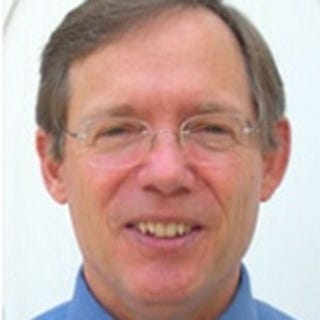
When I was a young child, my blond hair was nearly white. My blue eyes seemed bluer when I wore blue shirts. My teeth were a bit crooked. And one ear didn’t have creases like most ears do.
One of my best friends had brown hair. His eyes were brown. His teeth were white and straight. And both his ears looked the same. He also seemed to have a tan year round.
My family went to the congregational church. His went to the Catholic church. His family was a bit better off economically than mine, but mine never lacked for any essentials.
We were very good friends. Yes, we would have our periodic squabbles and impose our childish banishments from each other's yard — at least until we made up. And we always made up.
When my family moved from the North to the South, we were both quite sad. We knew we would probably not see each other again in this lifetime. Tears were shed the day the moving van left our neighborhood.
Jose was born in Puerto Rico. I was born in New Hampshire. He was Hispanic. I was Anglo. Neither of us knew there was a difference. All we knew was there were certain aspects of our lives that were different — like our churches, our diets, the accent his mother had.
But there were many more aspects that were the same. We laughed at the same jokes. We cried when we got hurt. Our blood flowed red when we scraped our knees.
I was not raised with prejudices. I was never taught that one race was superior or another inferior, or one religion better than another, or one political party was the only true party.
I was raised with the Scripture of Paul’s letter to the Galatians firmly ensconced in my heart and mind: “There is neither Jew nor Greek, there is neither slave nor free, there is neither male nor female; for you are all one in Christ Jesus.” (Galatians 3:28)
James 2:8-9 says, “If you really fulfill the royal law, according to the Scripture, ‘You shall love your neighbor as yourself,’ you do well. But if you show partiality, you commit sin …”
My encouragement is to not see yourself as better than another, to not see others who are different than you as inferior nor superior, to not see your worth as being any more or less valuable than any other.
We are all created by God and for that reason alone, worthy of respect.
The Rev. Mark Broadhead is pastor at Laurel Hill Presbyterian Church and First Presbyterian Church of Crestview.
This article originally appeared on Crestview News Bulletin: We are all one in Christ
